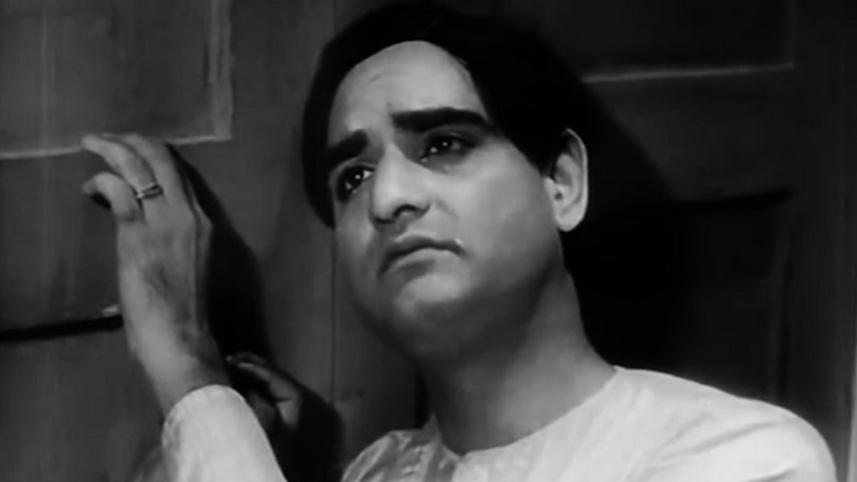A tribute to K L Saigal, the first superstar of Indian cinema

Kundan Lal Saigal ruled the Indian film industry for nearly over a decade, starting from 1932. A heartthrob on screen, he sang and acted in numerous films. He is known as the first superstar of the industry.
K L Saigal was born on April 11, 1904, in Jammu. His career began in Kolkata in the early 1930s when B N Sircar of New Theatres first hired him on a contract of Rs 200 per month. A couple of years later, three of his films Mohabbat Ke Ansu, Subah Ka Tara and Zinda Lash were released consecutively.
The artiste's first superhit film was Pramathesh Barua's Devdas (1953). Alongside playing the titular lead role, he also lent his voice to the songs Balam Aaye Baso Moray Maan Me and Dukh Ke Din Aab Beetat Naahi in the production.
He soon picked up Bengali well and acted in seven Bengali films, including Didi (1937), Desher Maati (1938), and Jiban Maran (1938). Saigal played the lead in the film Street Singer (1938), and also sang the song Babul Mora Naihal Chutal Jaye, which was appreciated by critics and audiences alike. For his film Zindegi (1940) Saigal sang the first lullaby of Indian cinema, So Ja Rajkumari So Ja.
In 1941, Saigal went to Bombay, where he sang and acted in the films Bhakta Surdas (1942) and Tansen (1943). The song, Diya Jalao in Raag Deepak from Tansen, became very popular.
The following year, he returned to New Theatres in Kolkata to complete the film My Sister (1944). He sang two songs for this film-- Do Naina Matware and Aye Qatib-e- Taqdeer Mujhe Itna Bata De.
In 1946, K L Saigal acted in Shahjehan and sang three songs composed by Naushad Ali, including the evergreen melodies Mere Sapno Ki Rani and Jab Dil Hi Toot Gaya. He also sang some Khwaja Khurshid Anwar compositions for his last film Parwana (1947), where he played the character of Inder. The star breathed his last on January 18, 1947, at the age of 42.



 For all latest news, follow The Daily Star's Google News channel.
For all latest news, follow The Daily Star's Google News channel.
Comments